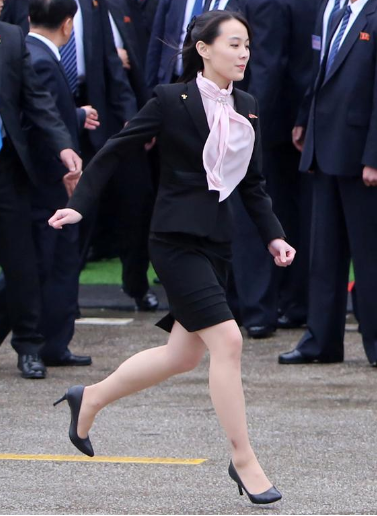South Korean perceptions of North Korean defectors have changed over time
According to a recent survey from the Database Center for North Korean Human Rights, less than 6 percent of North Korean defectors said they completed university education in the North. Once in the South, North Koreans often take jobs as day laborers, or in the service sector.
It is perhaps unsurprising defectors are applying in large numbers to be on South Korean television shows that feature North Koreans, where the pay is good, they can sit in a relatively comfortable TV studio, and gain a bit of fame on local television.
Casey Lartigue, one of the co-founders of TNKR, said South Korean perceptions of North Korean defectors or refugees have changed over time. “South Koreans [in the ’90s] used to ask them questions in a very judgmental way, saying, ‘Why did you abandon your family’,” …adding the newcomers were often suspected of being spies. With the rising number of escapees, it was harder to call these people traitors or spies, and easier to understand North Koreans were flocking to the prosperous South in search of better opportunities.
Defector activists have said South Korean TV shows, copied to flash drives, have been spreading secretly in North Korea. Eom told UPI the shows are “really powerful,” and if ordinary North Koreans are better able to access South Korean media, “North Korea would be gone.”
But he also said he spoke to a defector who arrived earlier this year in the South, who confirmed North Korea is cracking down on TV shows; copying shows to flash drives could bring a three-year prison sentence in the North.
[UPI]

